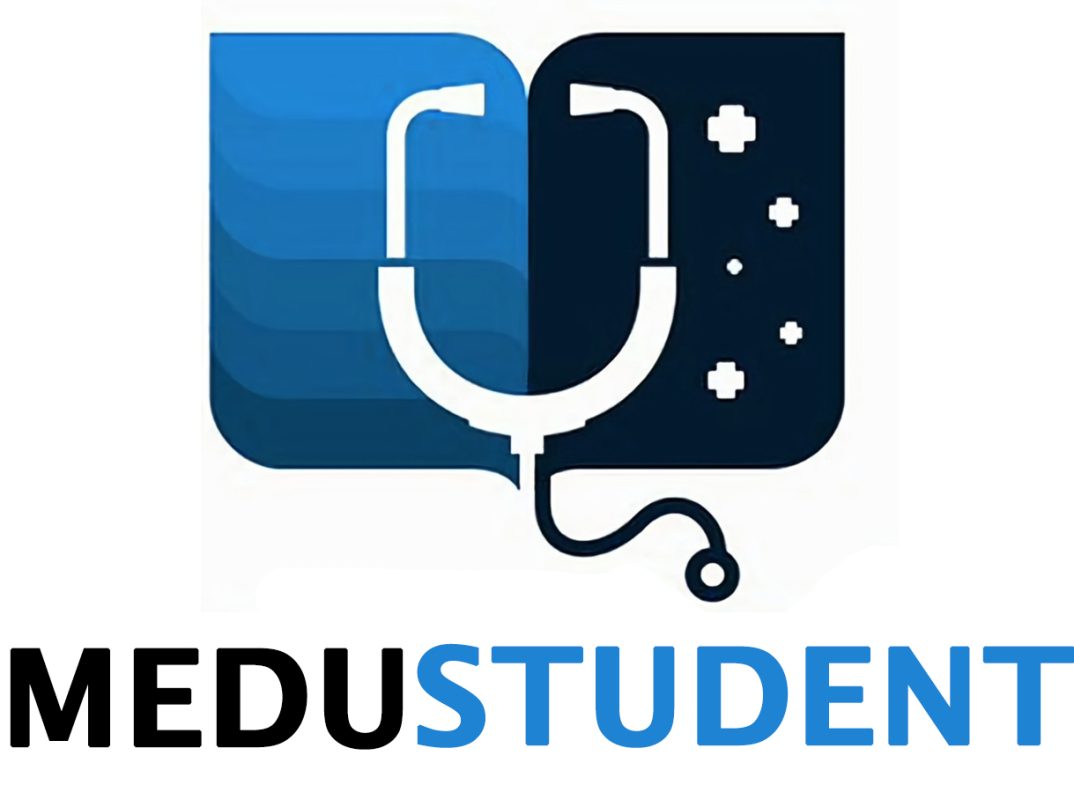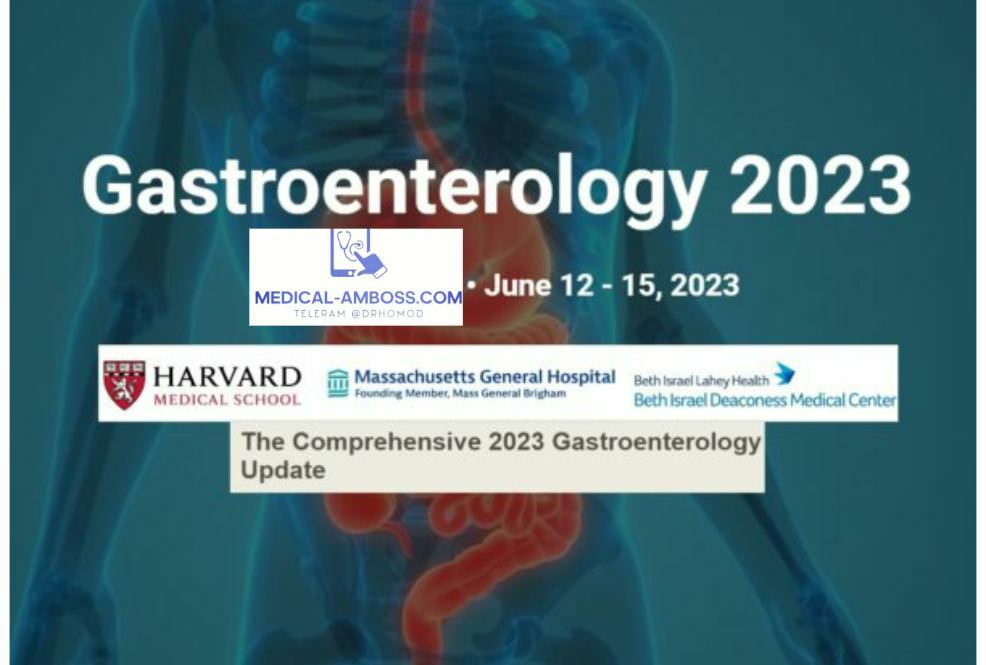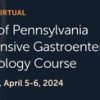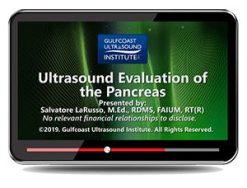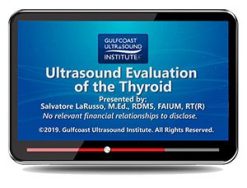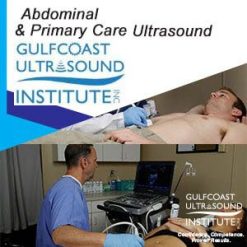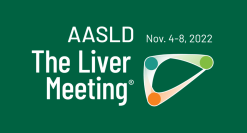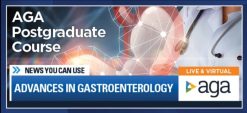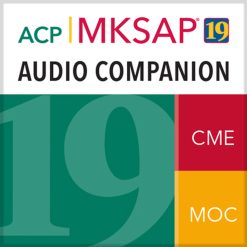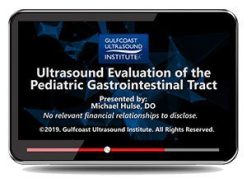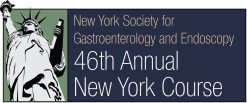Monday, June 12, 2023
| 8:30am to 8:35am | WelcomeDaniel Chung, MD | |
| 8:35am to 9:20am | Which Initial Therapy to Choose for Crohn’s and UC?Joshua Korzenik, MD | |
| 9:20am to 10:00am | Management of Severe UC and Pouch-Related ComplicationsAshwin Ananthakrishnan, MD, MPH | |
| 10:00am to 10:35am | IBD in Pregnancy and the ElderlySonia Friedman, MD | |
| 10:35am to 10:50am | Panel Q&ADrs. Ananthakrishnan, Friedman, and Korzenik | |
| 10:50am to 11:05am | Break | |
| 11:05am to 11:40am | WORKSHOP 1: Cutaneous Manifestations of IBDDaniela Kroshinsky, MD | |
| 11:40am to 12:20pm | Therapeutic Drug Monitoring in IBDAdam Cheifetz, MD | |
| 12:20pm to 12:35pm | Panel Q&ADrs. Cheifetz and Kroshinsky | |
| 12:35pm to 1:45pm | Break | |
| 1:45pm to 2:15pm | How to Manage Microscopic ColitisHamed Khalili, MD | |
| 2:15pm to 2:45pm | GI Complications of ImmunotherapyMichael Dougan, MD | |
| 2:45pm to 3:00pm | Panel Q&ADrs. Dougan and Khalili | |
| 3:00pm to 3:15pm | Break | |
| 3:15pm to 3:50pm | What’s New in Hereditary GI CancersDaniel Chung, MD | |
| 3:50pm to 4:25pm | WORKSHOP 2: CRC Screening and How to Improve Your ADRRamona Lim, MD | |
| 4:25pm to 5:00pm | Chemoprevention of CRC: What Should You Recommend?Andrew Chan, MD, MPH | |
| 5:00pm to 5:15pm | Panel Q&ADrs. Chan, Chung, and Lim |
| 8:30am to 9:05am | Barrett’s Esophagus: Whom and How to Treat?Douglas Pleskow, MD | |
| 9:05am to 9:40am | Esophageal Motility Disorders Made EasyBarbara Nath, MD | |
| 9:40am to 10:15am | Management of Refractory GERDNorman Nishioka, MD | |
| 10:15am to 10:30am | Panel Q&ADrs. Nath, Nishioka, and Pleskow | |
| 10:30am to 10:45am | Break | |
| 10:45am to 11:20am | Comprehensive Approach to Eosinophilic EsophagitisWalter Chan, MD | |
| 11:20am to 12:10pm | Celiac Disease and Gluten Sensitivity: 2023 Practitioner UpdatesCiaran Kelly, MD | |
| 12:10pm to 12:25pm | Panel Q&ADrs. Chan and Kelly | |
| 12:25pm to 1:30pm | Break | |
| 1:30pm to 2:00pm | Optimizing the Management of GastroparesisBraden Kuo, MD | |
| 2:00pm to 2:40pm | Making the Diagnosis of IBSKyle Staller, MD | |
| 2:40pm to 3:20pm | Modern Strategies to Treat IBSJohanna Iturrino Moreda, MD | |
| 3:20pm to 3:35pm | Panel Q&ADrs. Iturrino Moreda, Kuo, and Staller | |
| 3:35pm to 3:50pm | Break | |
| 3:50pm to 4:20pm | How to Evaluate Small Intestinal Bacterial OvergrowthJudy Nee, MD | |
| 4:20pm to 4:50pm | WORKSHOP 3: Systematic Approaches to Pelvic Floor DisordersMeghan Markowski, PT, DPT | |
| 4:50pm to 5:05pm | Panel Q&ADrs. Markowski and Nee |
| 8:30am to 9:05am | Cholestatic Liver Diseases: What’s New in PBC and PSCDaniel Pratt, MD | |
| 9:05am to 9:40am | Update on Autoimmune HepatitisAlan Bonder, MD | |
| 9:40am to 10:10am | WORKSHOP 4: How to Approach Drug-Induced Liver Injury (DILI)Michael Curry, MD | |
| 10:10am to 10:25am | Panel Q&ADrs. Bonder, Curry, and Pratt | |
| 10:25am to 10:40am | Break | |
| 10:40am to 11:20am | Alcohol-Associated Liver DiseaseGyongyi Szabo, MD, PhD | |
| 11:20am to 11:50am | The Management of NAFLDKathleen Corey, MD | |
| 11:50am to 12:05pm | Panel Q&ADrs. Corey and Szabo | |
| 12:05pm to 1:05pm | Break | |
| 1:05pm to 1:40pm | WORKSHOP 5: How to Work Up a Liver LesionKarin Andersson, MD | |
| 1:40pm to 2:15pm | Diagnosis and Routine Management of CirrhosisMichelle Lai, MD | |
| 2:15pm to 2:55pm | End-Stage Liver Disease and Management of Portal HypertensionAnna Rutherford, MD | |
| 2:55pm to 3:10pm | Panel Q&ADrs. Andersson, Lai, and Rutherford | |
| 3:10pm to 3:25pm | Break | |
| 3:25pm to 4:00pm | Best Management Strategies in Acute PancreatitisDavid Jin, MD, MPH | |
| 4:00pm to 4:35pm | Updates in Chronic PancreatitisSunil Sheth, MD | |
| 4:35pm to 5:10pm | Controversies in the Management of Cystic Lesions of the PancreasCarlos Fernandez-del Castillo, MD | |
| 5:10pm to 5:25pm | Panel Q&ADrs. Fernandez-del Castillo, Jin, and Sheth |
| 8:30am to 9:15am | WORKSHOP 6: Tips for Identifying and Removing Colon PolypsTyler Berzin, MD | |
| 9:15am to 9:45am | Quality Measures for Colonoscopy: What’s New and Why It MattersMandeep Sawhney, MD | |
| 9:45am to 10:00am | Panel Q&ADrs.Berzin and Sawhney | |
| 10:00am to 10:15am | Break | |
| 10:15am to 10:50am | Endoscopy and the Anticoagulated PatientKunal Jajoo, MD | |
| 10:50am to 11:30am | Acute GI Bleeding and Other GI EmergenciesLinda Lee, MD | |
| 11:30am to 12:05pm | WORKSHOP 7: Challenging Case Presentations in GIDouglas Horst, MD | |
| 12:05pm to 12:20pm | Panel Q&ADrs. Horst, Jajoo, and Lee | |
| 12:20pm to 1:30pm | Break | |
| 1:30pm to 2:00pm | New Insights into the Gut Microbiome and DiseaseRamnik Xavier, MD | |
| 2:00pm to 2:40pm | COVID in the GI TractWalter Chan, MD, MPH | |
| 2:40pm to 3:20pm | What’s New in C. difficile ColitisJessica Allegretti, MD, MPH | |
| 3:20pm to 3:35pm | Panel Q&ADrs. Allegretti, Chan, and Xavier |
